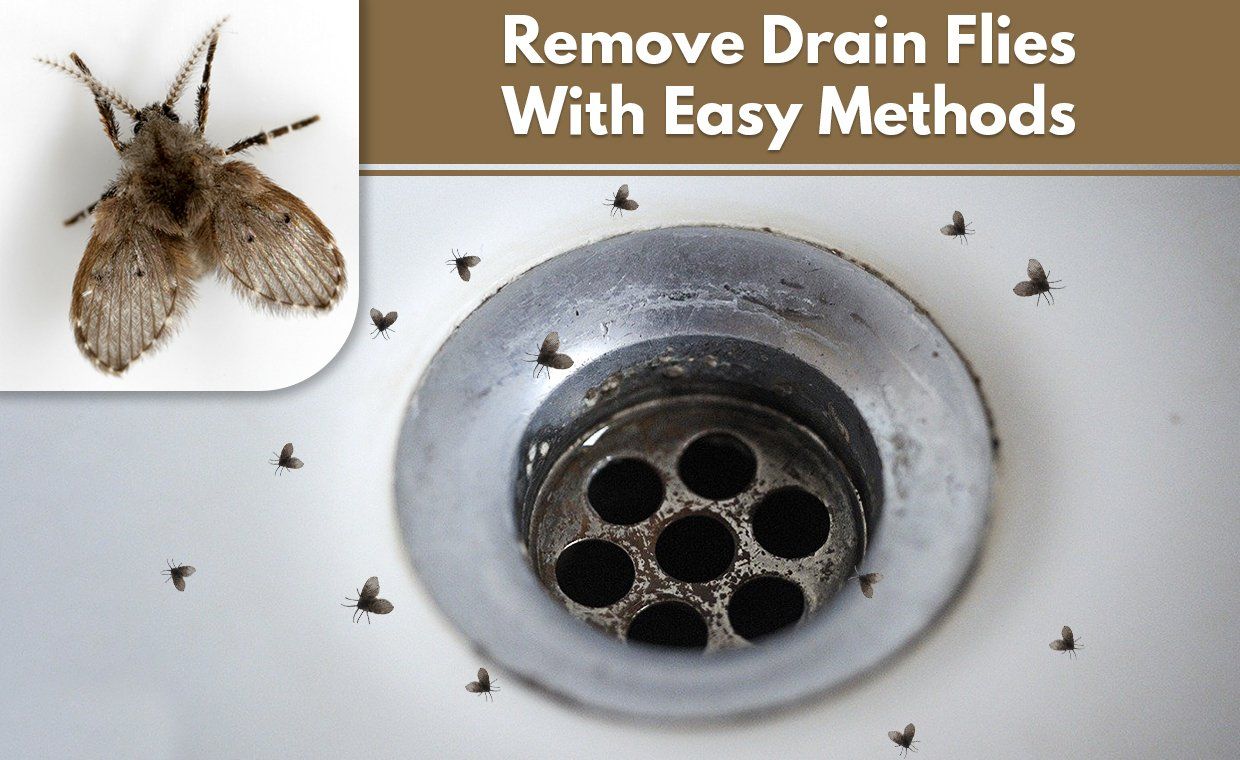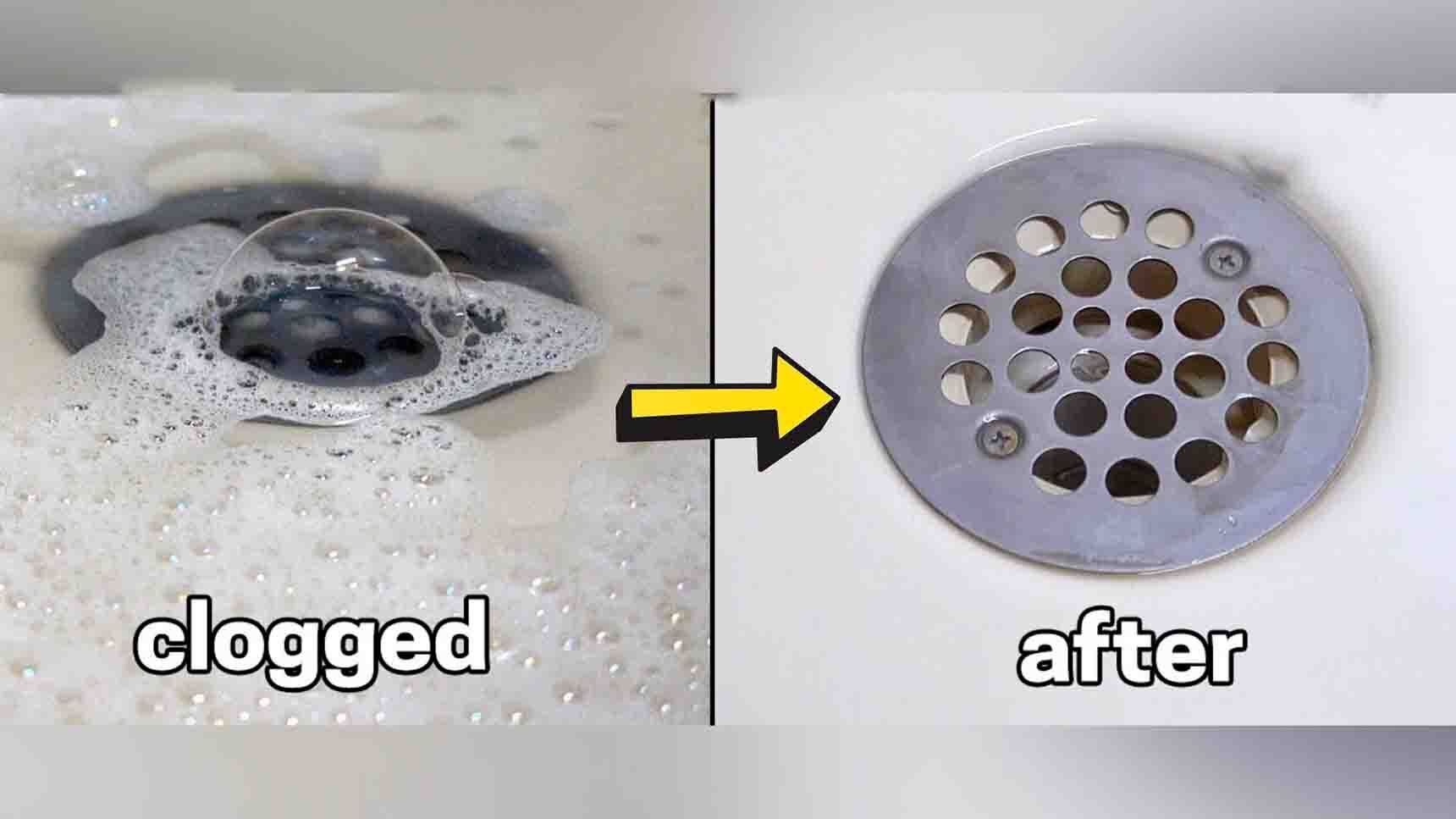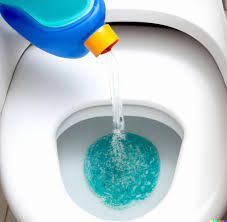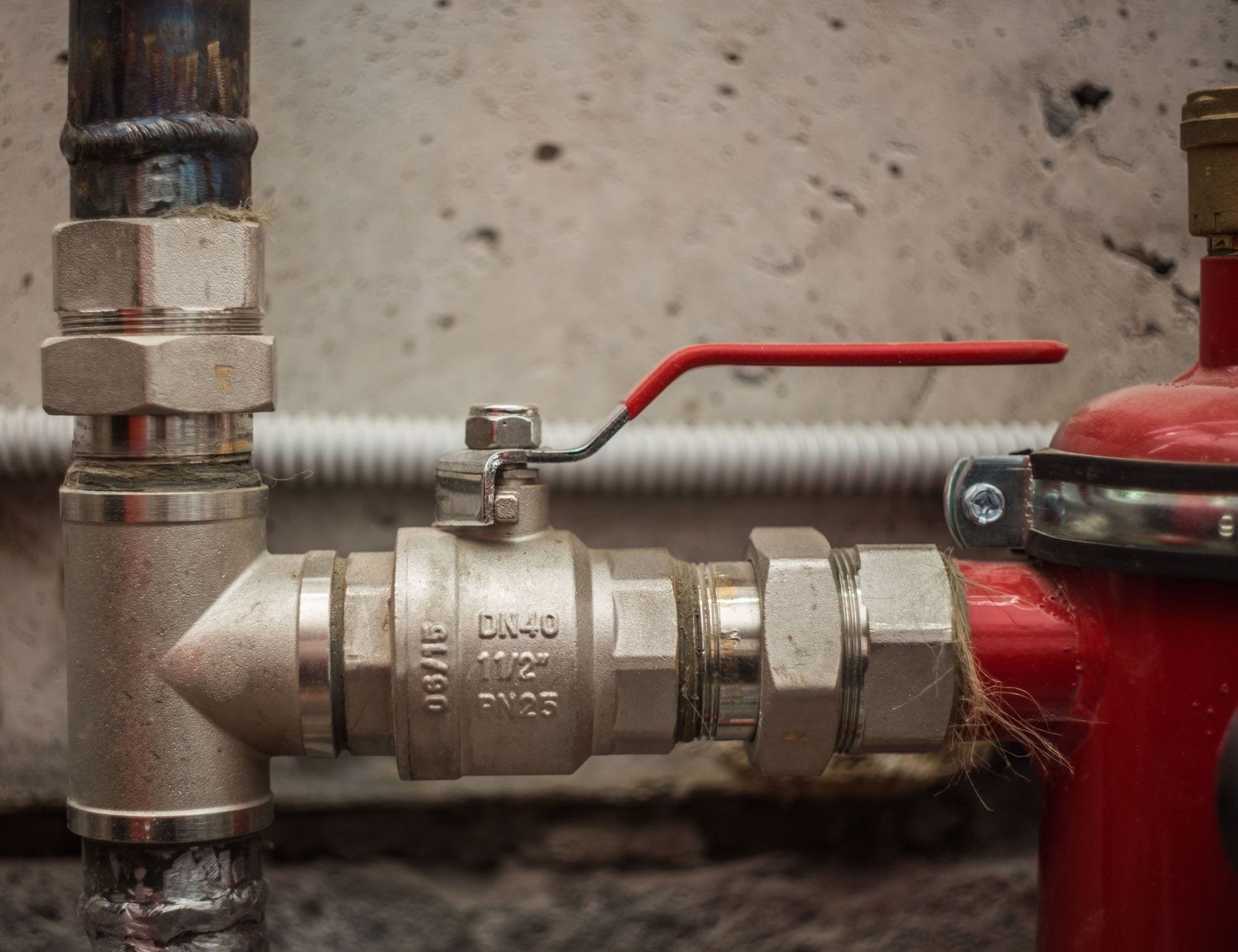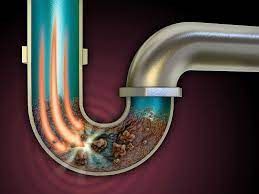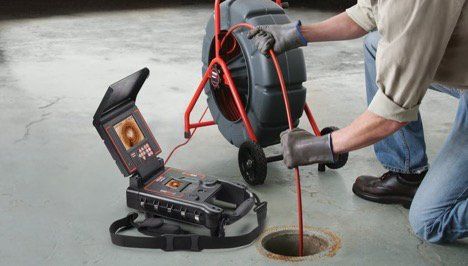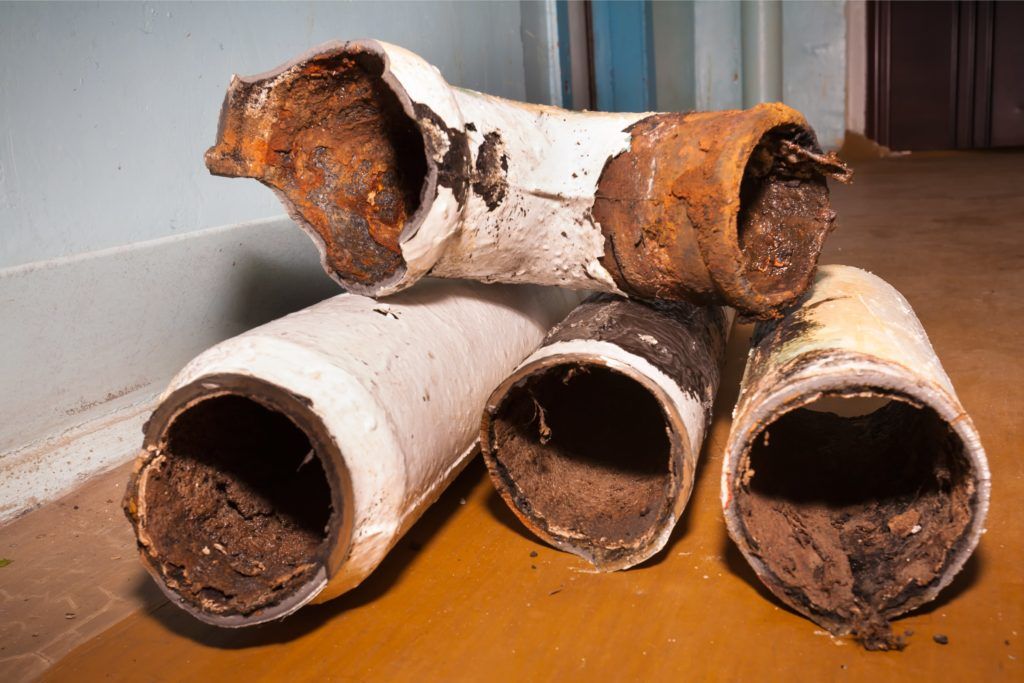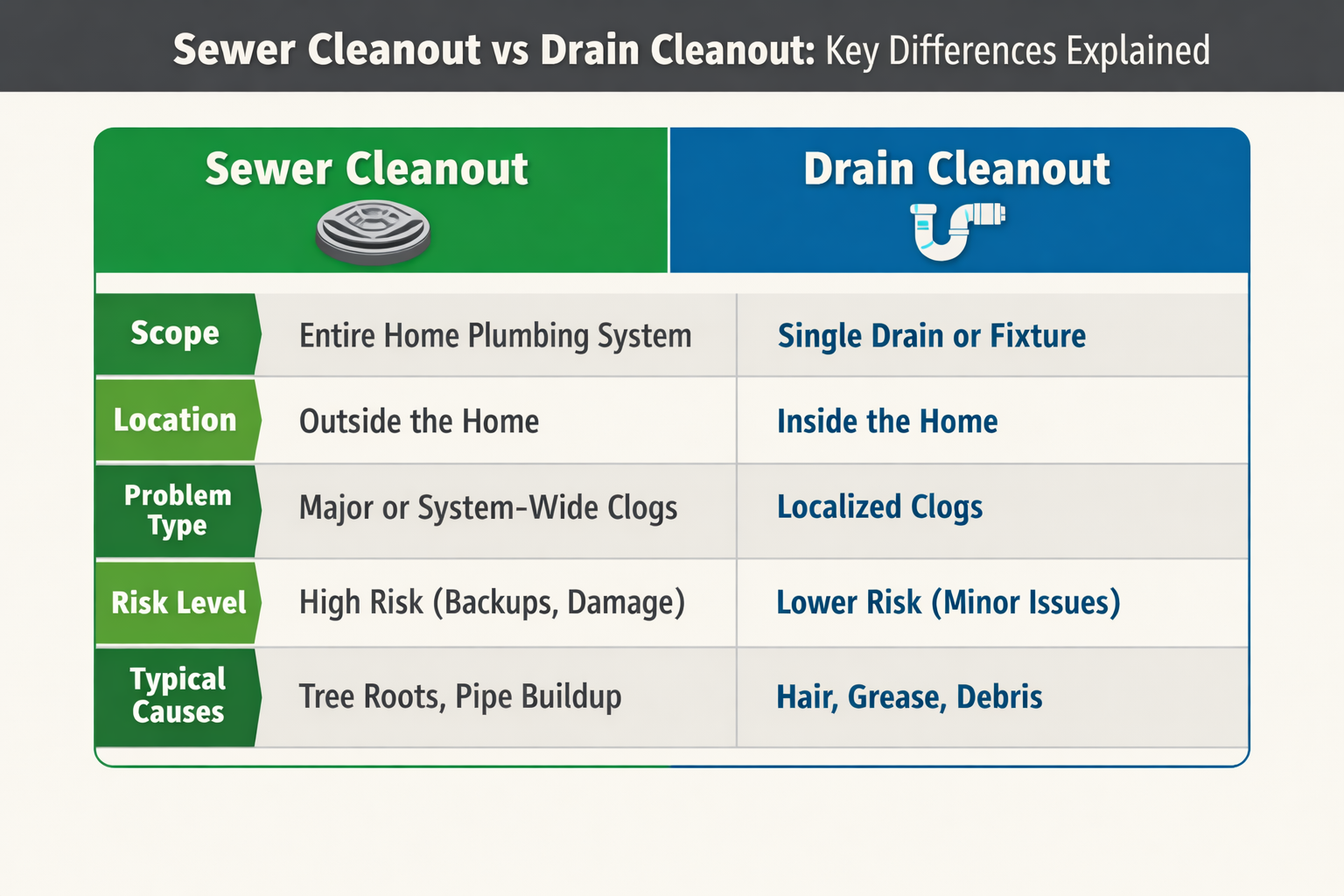How to Cut Cast Iron Pipe in Denver
Using a Sawzall
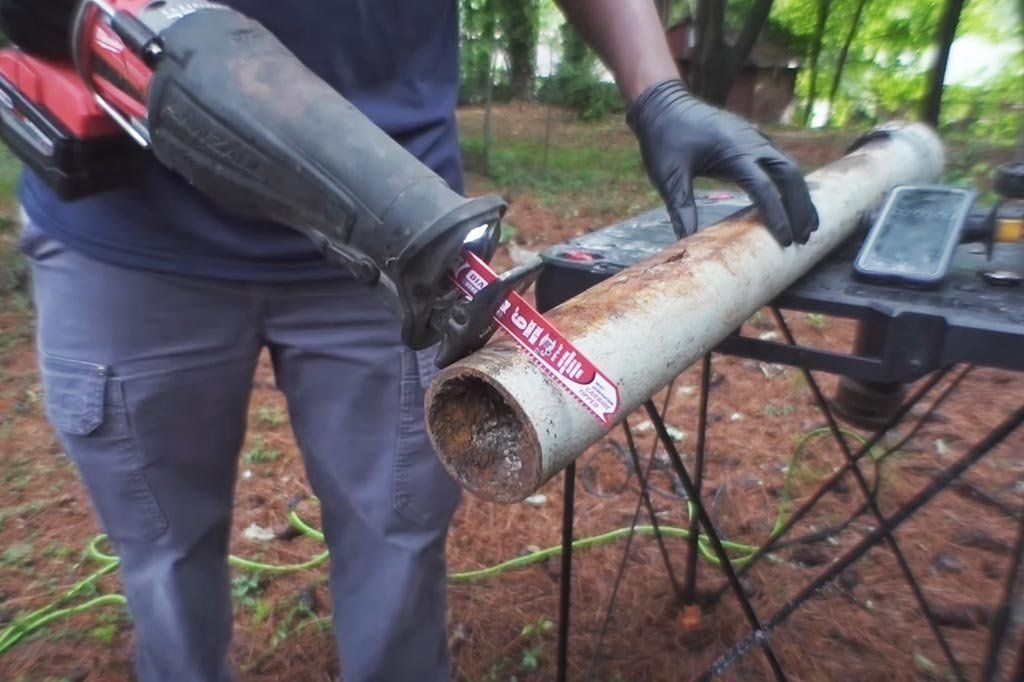
For many years, cast iron pipes have been a common choice sewer plumbing systems due to their durability and robust features. However, when it comes to repairing or replacing cast iron pipes, cutting them can be daunting. But, with the right technique, tools, and precautions, cutting cast iron pipes can be done with ease.
This blog post explains how to cut cast iron pipes, including the tools you need, the safety measures to take, and the common mistakes to avoid.
Using a Sawzall
One of the primary methods of cutting cast iron pipes is with a saw. A metal-cutting reciprocating saw blade is the best tool for cutting through a cast iron pipe. It's a powerful and reliable tool that can get the job done quickly and efficiently.
Here's a step-by-step guide on how to cut cast iron pipe using a saw:
1. Firstly, make sure to use the right blade – a bi-metal blade with 14-18 teeth per inch is ideal for cutting cast iron pipes.
2. Mark the area where you want to cut using a measuring tape and marker.
3. Wear safety glasses and gloves to protect yourself from cast iron dust and metal chips that may fly out during the cutting process.
4. Secure the pipe using a vise or clamp to hold it in place.
5. Turn on the saw and start the cut with slow and steady pressure. Maintain a controlled speed from start to finish for a clean cut.
6. Let the saw do the work, cutting the cast iron pipe without exerting too much force.
7. Once you've completed the cut, inspect the edges of the pipe to make sure that they are clean and even.
Using a Snap Cutter
A snap cutter is another effective tool for cutting cast iron pipes. It's a ratcheting tool that cuts through the pipe using a chain. The chain wraps around the pipe, and as the handle of the snap cutter is turned, the chain tightens, and the cutting action begins.
Here's the step-by-step guide on how to cut cast iron pipe using a snap cutter:
1. Position the snap cutter's chain around the cast iron pipe and ensure that the cutting wheel is positioned directly opposite the chain.
2. Turn the snap cutter’s ratcheting handle to tighten the chain. Make sure it's neither too tight not too loose by following the manufacturer's instructions.
3. Continue turning the handle until the cutting wheel slices through the cast iron pipe.
4. Release the handle, and the cutter's chain will drop away from the pipe.
5. Check the cut on the pipe and ensure it is clean and even.
Using a Cutting Torch
A cutting torch is a tool that uses high-temperature flames to cut through metals, including cast iron. This method can be a little more challenging than using a saw or a snap cutter, but it's an effective way to cut thicker and larger cast iron pipes.
Here's the step-by-step guide on how to cut cast iron pipe using a cutting torch:
1. Put on safety glasses, gloves, and a welding helmet to protect yourself from the flames and heat that will radiate from the cutting torch.
2. Position the cutting torch perpendicular to the cast iron pipe and ignite the torch.
3. Adjust the flame to the necessary level for cutting cast iron.
4. Hold the flame directly against the cast iron pipe and move it back and forth slowly along the cutting line.
5. As the flame heats the iron, the metal starts to melt and will eventually sever.
6. Once the cut is complete, turn off the torch and remove the protective equipment.
7. How To Unclog Cast Iron Pipes
How to Cut Cast iron Pipe in a Tight Space
Cutting cast iron pipes is a crucial task when it comes to plumbing projects, and it can be especially challenging when working in tight spaces. To effectively cut cast iron pipes in cramped quarters, there are specific steps and techniques that must be followed. First and foremost, it's essential to have the proper tools, including a cast iron snap cutter, reciprocating saw, or a metal cutting blade.
Additionally, it's important to ensure the safety of yourself and those around you by wearing protective gear. From there, it's all about carefully planning and executing the cut to ensure a successful outcome. With the right tools and technique, cutting cast iron pipes in tight spaces can be done with ease and precision.
How to Cut Cast iron Pipe from Inside
Cutting cast iron pipes can be a challenging task, especially when you have to do it from the inside. However, with the right tools and techniques, it's possible to complete the job with ease. One of the best ways to cut cast iron pipes from the inside is by using a reciprocating saw with a metal blade.
This will help you to break through the pipe quickly and cleanly without causing any damage to the surrounding area. Another effective tool to use is a cast iron snap cutter. This cutter will work by clamping down on the pipe and gradually breaking through it. Whatever method you choose, just remember to wear protective gear and use caution when dealing with this heavy material.
If you own an older home, it’s likely that it has cast iron pipes. While these pipes are strong and can last for decades, they are also prone to clogging. If you’re experiencing issues with your plumbing, check your cast iron pipes for blockages. Ignoring clogging issues can result in severe problems like water damage, contamination, and sewage backups. Here is how to unclog your cast iron pipes and keep your plumbing systems in excellent shape
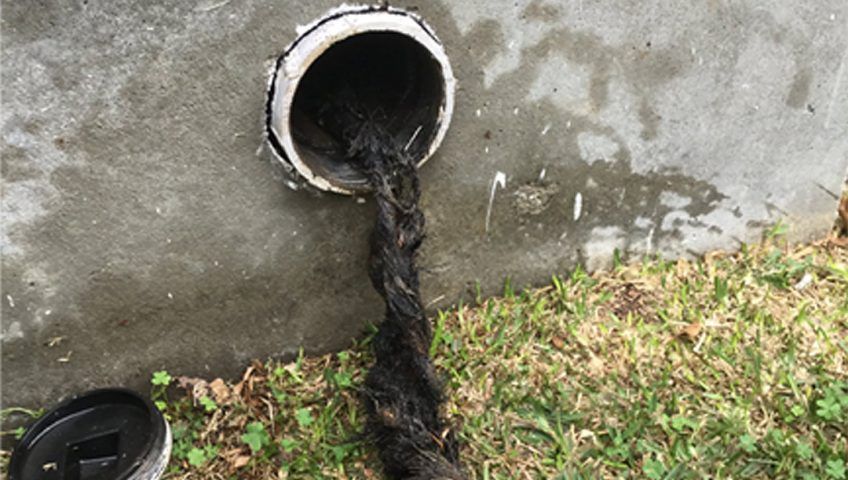
Why is my Denver Drain Clogging
Before you embark on unclogging your cast iron pipes, the first step is to identify the triggers of blockages. The most common causes of clogging in cast iron pipes are solid objects like paper, hair, and grease, which get stuck in the pipes and clog them.
To avoid such blockages, you should practice responsible waste disposal, especially in the kitchen and bathroom.
Use Chemical Solutions
Chemical drain cleaners are readily available in stores and can effectively unclog cast iron pipes. However, it’s crucial to choose a solution that is safe for your pipes and your family. Avoid using solutions that are too acidic or alkaline, as they can damage your pipes and cause harm to your health.
When using a chemical solution, follow the manufacturer's instructions carefully and use appropriate protective gear.
Apply Physical Methods
Sometimes, physical methods work better in clearing up pipes than chemical solutions. Here are some physical methods that you can use to unclog your cast iron pipes:
Plunge
A plunger can help you dislodge clogs that are closer to the drain opening. To use it, fill the sink, bathtub, or toilet bowl with enough water to cover the plunger cup and create a seal. Then, pump the plunger up and down several times until the water starts draining.
Snake
A plumbing auger or snake is a flexible tool that can reach deep into your pipes and break up stubborn clogs. Insert the snake into the drain and twist it slowly until you hit the obstruction. Then, apply pressure and rotate the snake to break up the clog. Continue doing this until the water starts running freely.
Hydro Jetting
Hydro jetting involves using high-pressure water streams to blast away clogs and debris in your cast iron pipes. This technique helps remove even the most stubborn clogs, but it's expensive and requires professional plumbing assistance.
Drain Clogging Prevention in Denver
After successfully unclogging your cast iron pipes, it’s crucial to take preventive measures to avoid future clogging issues. Here are some tips to keep your cast iron pipes in excellent shape:
● Practice responsible waste disposal. Avoid flushing non-biodegradable items down the toilet, like napkins, sanitary pads, or cigarette butts.
● Regularly clean your pipes to remove debris and grime buildup.
● Avoid using excess fat or grease when cooking, as they can harden and form blockages in your pipes.
● Schedule regular plumbing inspections to catch clogging issues before they turn into significant problems.
What Drain Cleaner is Safe for Cast Iron Pipes?
When it comes to Denver drain cleaning, it's important to choose the right products. This is especially true if you have cast iron pipes. Using the wrong drain cleaner can actually end up causing more harm than good. So, what drain cleaner is safe for cast iron pipes?
First of all, you need to understand why you can't just use any drain cleaner on cast iron pipes. While cast iron is durable, it's also susceptible to corrosion. Harsh chemicals found in certain drain cleaners can eat away at the iron, causing tiny holes in the pipes. Over time, this can lead to leaks and other types of damage.
So what drain cleaner is safe for cast iron pipes? The answer is simple: none that contain harsh acids or lye because they can cause irreparable damage to your pipes. Instead, look for products that are labeled as safe for use with cast iron, such as enzyme-based or natural drain cleaners.
Enzyme-based cleaners break down organic matter in your drain using natural enzymes and bacteria. They are safe for cast iron pipes and any other type of plumbing. These cleaners go to work slowly, over a period of several hours, so don't expect immediate results. But they are effective, and they won't harm your pipes.
Another option is to use a homemade drain cleaner. One popular recipe involves mixing baking soda and vinegar to create a fizzy, foaming reaction that can help break up clogs and clean your pipe walls. This recipe is safe for use with cast iron pipes and can be an effective way to keep your drains clear.
Of course, prevention is always the best course of action when it comes to maintaining your drains. There are a few things you can do to minimize the likelihood of clogs and keep your pipes in good condition. For example, avoid dumping grease or oil down your drain, as these can solidify and cause blockages.
Instead, wipe out greasy pans with a paper towel before washing them. Also, try to avoid putting non-organic materials down your drain, such as coffee grounds, eggshells, or paper products. These products can accumulate in your pipes and lead to clogs.
As a Denver homeowner, dealing with plumbing issues can be a frustrating and stressful experience. One common issue that many Denver homeowners face is dealing with cast iron drain pipe repair. It's important to have this type of repair handled by a professional with experience in working with cast iron, as it can be a tricky material to work with. A professional contractor will have the necessary tools and expertise to identify and locate the source of the drain problem and provide a solution that will last. Putting the repair in the hands of a Denver professional line Drain Brain LLC will not only save you time and hassle, but it will also ensure that the Denver cast Iron pipe repair is done correctly and effectively.
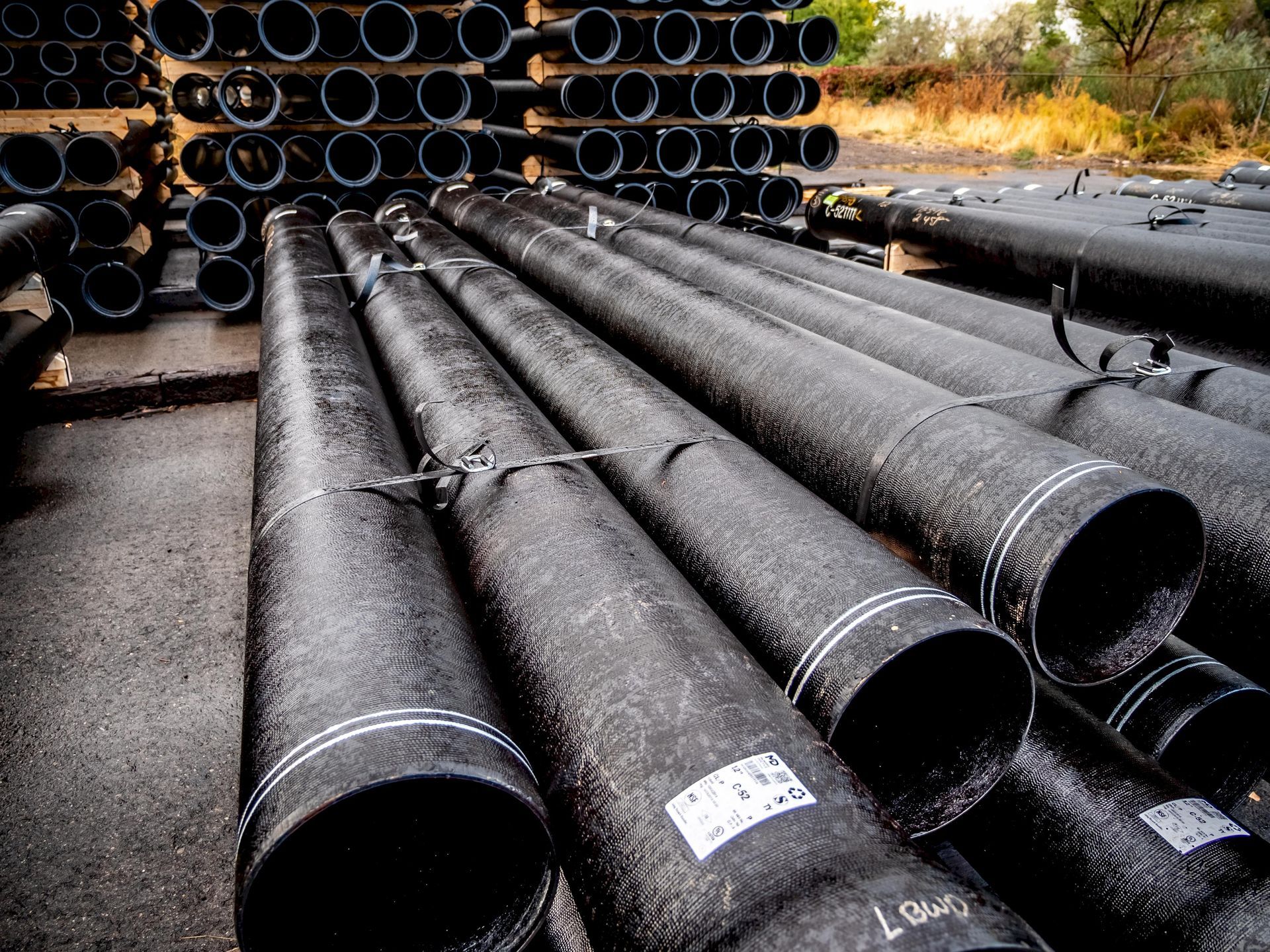
How Long Do Cast Iron Sewer Pipes Last?
On average, They usually have a lifespan of 50 to 75 years. However, this can vary greatly depending on a variety of factors. For example, the quality of the initial installation, the soil conditions, and the climate can all impact the lifespan of your pipes. If your pipes were poorly installed or are in an area with acidic soil, you may experience corrosion, which can reduce the overall lifespan of your pipes.
Another factor that can impact the lifespan of your cast iron sewer pipes is tree root intrusion. When trees grow near your pipes, their root systems can infiltrate the pipes and cause blockages or even fractures. This can be prevented by planting trees a safe distance away from your sewer lines or by using root barriers.
In addition to external factors, the condition of the pipes also plays a role in their lifespan. As the pipes age, they can develop cracks or even collapse completely. These issues can be identified through regular inspections and maintenance. If you notice slow drains, foul odors, or standing water in your yard, these could all be signs of a larger issue with your sewer lines.
So, what can you do to ensure that your cast iron sewer pipes last as long as possible? The most important thing is to schedule regular inspections with a professional plumber. They can use a camera to inspect the inside of your pipes and identify any potential issues before they become major problems. Additionally, regular cleanings can help prevent blockages and reduce the likelihood of corrosion.
Lastly, if your pipes are older and experiencing frequent issues, it may be time to consider replacing them. While this can be an expensive undertaking, remember that replacing your sewer lines can save you money in the long run by preventing costly repairs or even a complete sewer line failure.
We can Cut & Repair your Cast Iron Drain Pipe in Denver
Overall, cutting cast iron pipe requires specific tools to do it correctly. It is imperative to have the right tools and experience in order to ensure a safe and successful endeavor. In addition, preparing the material and taking safety measures are essential for any project like this one. Making sure to clean up and wear all appropriate safety gear beforehand will make the process smoother and more enjoyable.
Furthermore, when it comes time for proper cleaning and storage of the tools used, these steps should not be overlooked as they can affect the outcome if done incorrectly. Remembering these simple yet vital steps can help take your cast iron pipe-cutting adventure from daunting to delightful.
Whether you hire a professional or tackle it yourself, having patience and knowing what you need from the start can make all the difference in getting results that look great and last a lifetime.
Drain Brain LLC is a family owned Sewer & drain company that has served the Denver CO and surrounding areas for nearly 10 years.
Drain Brain LLC are experts at Cast Iron Sewer pipes cutting, repairing sewer lines and have the skills and equipment to perform residential and commercial sewer video camera inspection so that problems are detected fast.
This will help solve issues like leaking pipes, broken pipes, and other sewer dilemmas. Locating the exact causes of problems early saves clients numerous headaches.
For superior service, home and business owners can schedule an appointment by calling Drain Brain LLC today @ 720-322-4845.
